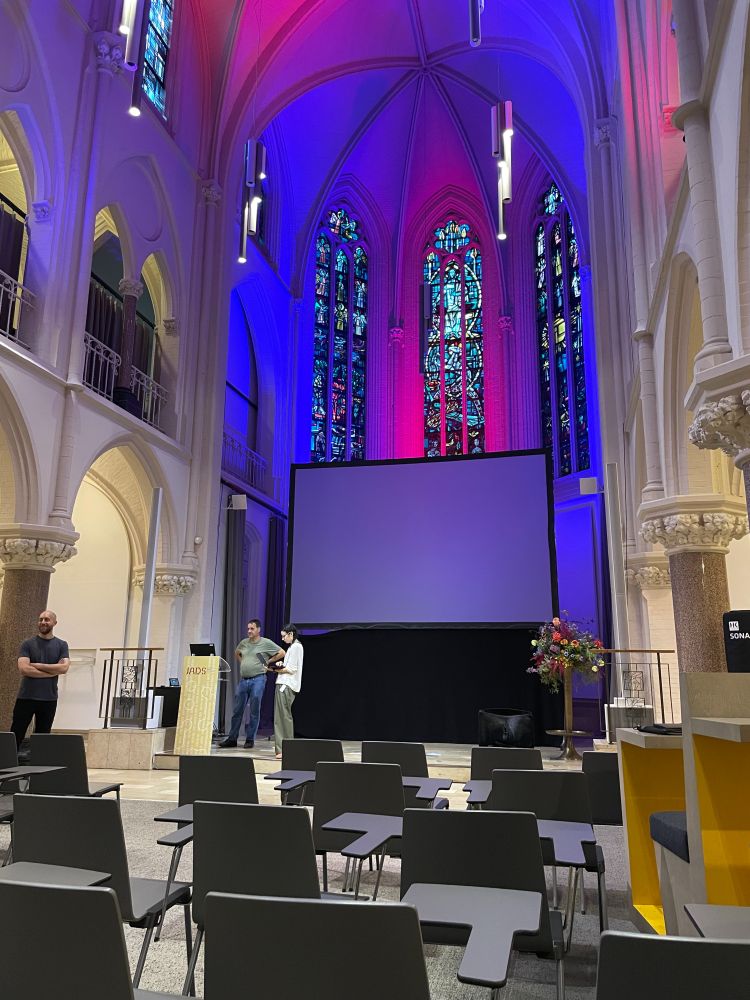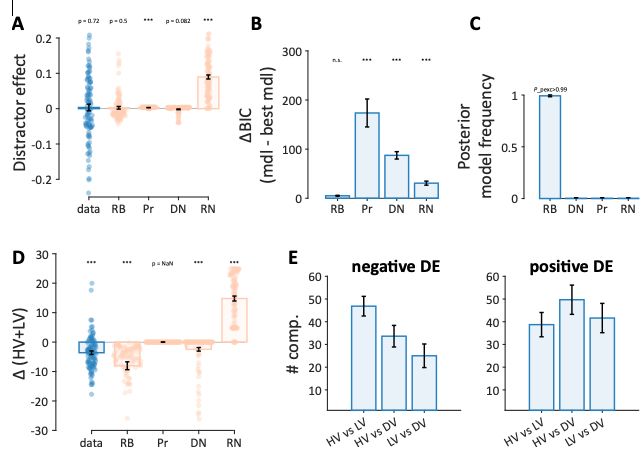Maryam Tohidi
@maryamtohidi.bsky.social
57 followers
110 following
15 posts
Postdoctoral Researcher at Universität Hamburg
Posts
Media
Videos
Starter Packs
Pinned
Maryam Tohidi
@maryamtohidi.bsky.social
· Apr 14
Reposted by Maryam Tohidi
Reposted by Maryam Tohidi
Reposted by Maryam Tohidi
Reposted by Maryam Tohidi
Reposted by Maryam Tohidi
Reposted by Maryam Tohidi
Maryam Tohidi
@maryamtohidi.bsky.social
· Apr 14
Maryam Tohidi
@maryamtohidi.bsky.social
· Apr 14
Maryam Tohidi
@maryamtohidi.bsky.social
· Apr 14
Maryam Tohidi
@maryamtohidi.bsky.social
· Apr 14
Maryam Tohidi
@maryamtohidi.bsky.social
· Apr 14
Maryam Tohidi
@maryamtohidi.bsky.social
· Apr 14
Maryam Tohidi
@maryamtohidi.bsky.social
· Apr 14














